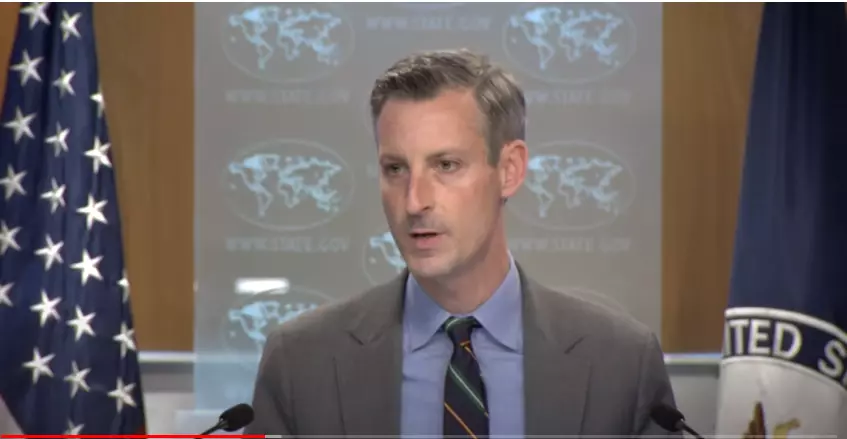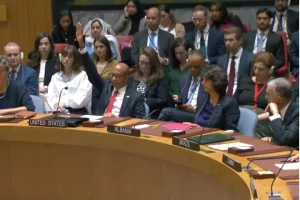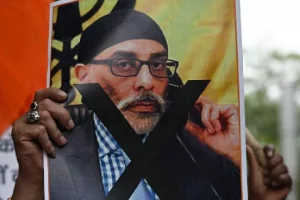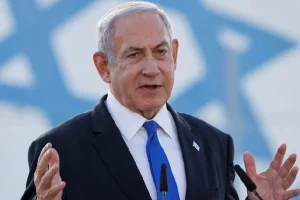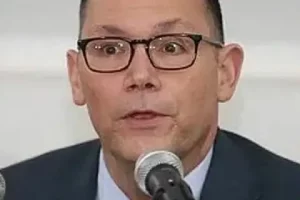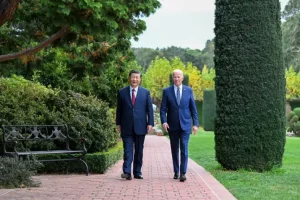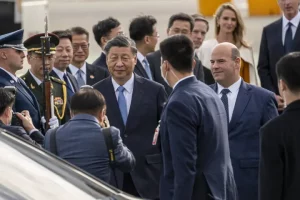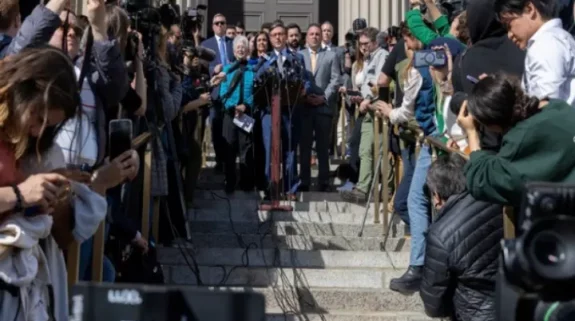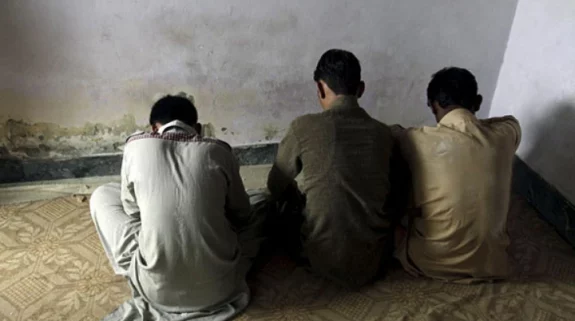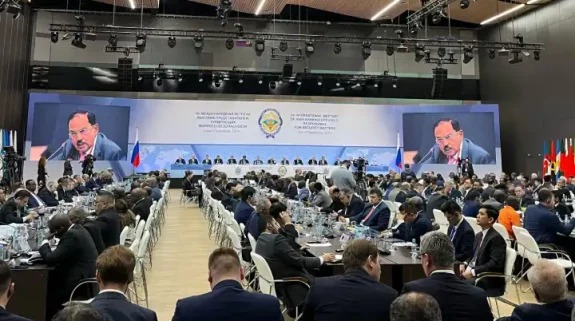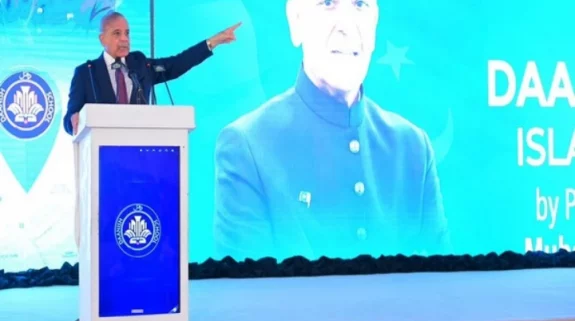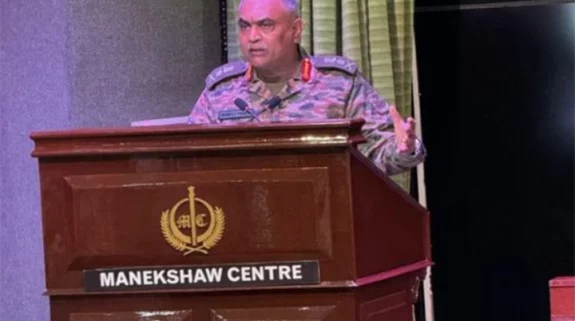Media in the subcontinent has rushed to the “court” of the US State department seeking judgement on the Modi government’s decision to investigate whether the hallowed British Broadcasting Corporation (BBC) was indulging in any financial wrongdoing while operating in the country.
The bold decision to “survey” the BBC’s business records reflected the mindset of a confident India, which is no longer cowed down by any western institution, irrespective of its capacity to manipulate people and events through its international network of supporters and surrogates.
While IT authorities were pouring through the business records of BBC in its offices in Delhi and Mumbai, Jahanzaib Ali, a reporter from the Pakistan’s ARY television channel was making a fervent attempt to seek a response, critical of India, from the US State Department spokesman, Ned Price, with the obvious goal of parading it as the last word on the issue.
“Any thoughts and concerns” on the BBC survey (in India) asked the journalist. Price, appreciating the big picture did not oblige the Pakistani scribe—a sign that the US well understood that alienating a rising India, with a growing international influence, was not in its best interests.
“We are aware of the search of BBC offices in Delhi by Indian tax authorities,” observed Price.
#WATCH | We are aware of the search of BBC offices in Delhi by Indian tax authorities. I would say more broadly that we support the importance of free press around the world: US State Dept Spokesperson Ned Price on IT survey at BBC offices in India pic.twitter.com/J6Jh1YFnTA
— ANI (@ANI) February 14, 2023
Obviously dissatisfied with the answer, the Pak journalist raised his quizzing to the next level. Citing the partisan BBC documentary on the 2002 Gujarat riots, he “regretted” that no US official had criticized it.
Not losing the wood for the trees, Price said: “What I will say broadly is that there are a number of elements that undergird the global strategic partnership that we have with our Indian partners. There are close political ties, there are economic ties, and there are exceptionally deep people-to-people ties between the United States and India. But one of those additional elements are the values that we share, the values that are common to American democracy and to Indian democracy.”
Unfortunately, bound by the slavish colonial mindset, a large section of the media in the subcontinent has been unable to appreciate that India, based on its DNA of a civilizational state, has an independent mind, and is unfazed by critical or flattering opinion of power centres in the United Kingdom, the United States or elsewhere in the West.
Aware of the deep-seated problem, Prime Minister Narendra Modi, during his August 15 address last year stressed that “decolonisation of the mind” was a top national priority, if India was to emerge as a fully developed country by 2047.
The default position of seeking the approval of the West, virtually making it the third umpire on issues of national importance has deep roots.
In the past century, people in the sub-continent had greater trust in the BBC, funded by the UK foreign office, than their own media. The BBC was the last word, and the correspondents of international newspapers and news channels were feted by the Indian government, with the latter strutting around like peacocks. This was evident during 1977 general elections, Kashmir violence, Mandal movement, Ram Janmabhoomi Ayodhya movement and the 1999 Kargil war.
Litter did they realise that third-party validation on all contentious or controversies in India or the sub-continent virtually amounts to third party mediation and internationalizing an issue.
While freedom of press is oxygen in which democracy thrives unlike Communist China or other authoritarian states, the penchant of Indian origin correspondents to seek validity from third party US on issues concerning India is akin to the role of video assistant referee in soccer.
That tendency of the a large section of media to seek validation from the US government betrays a deep sense of inferiority, leading the fourth estate to unquestioningly accept carefully crafted narratives by Machiavellian brains in the West, against their country.
While independent media is necessary, it does not mean that fourth estate has to turn anti-national, manipulated by globalists who have vested interest in spanning network of weak states, which are ready to surrender to their mischievous agenda of establishing a mega-super-state, led by a network of wealthy international elites.
Already globalists like George Soros and influential members of the secretive Bilderberg group have penetrated the Indian media horizon—a situation that is bound to be leveraged against the idea of India as a civilizational state, targeting the Modi government, especially ahead of the 2024 national elections.
It is time that the media refuses to see the US or the UK as third umpires on issues that are internal to India and are of prime and exclusive national importance. On the contrary, firmly engaging with the world with a decolonised mind, the national media needs to realise that it is second to none in reporting and commenting on issues facing the country. The US happens to be as chaotic as Indian democracy, relentlessly responding to various pressure groups, and not the last word on human rights.
Also Read: How globalists and their Indian surrogates have targeted Gautam Adani






